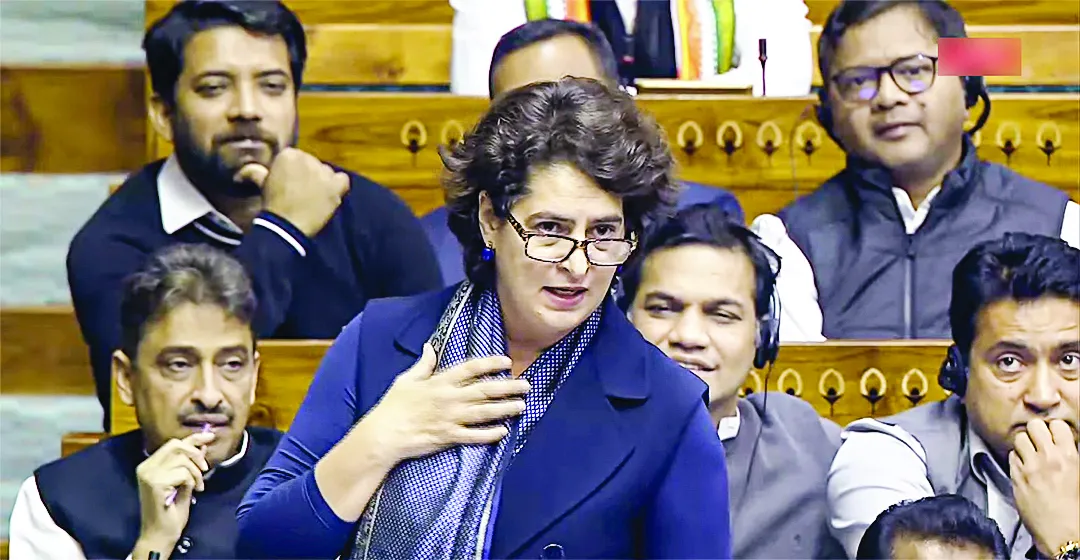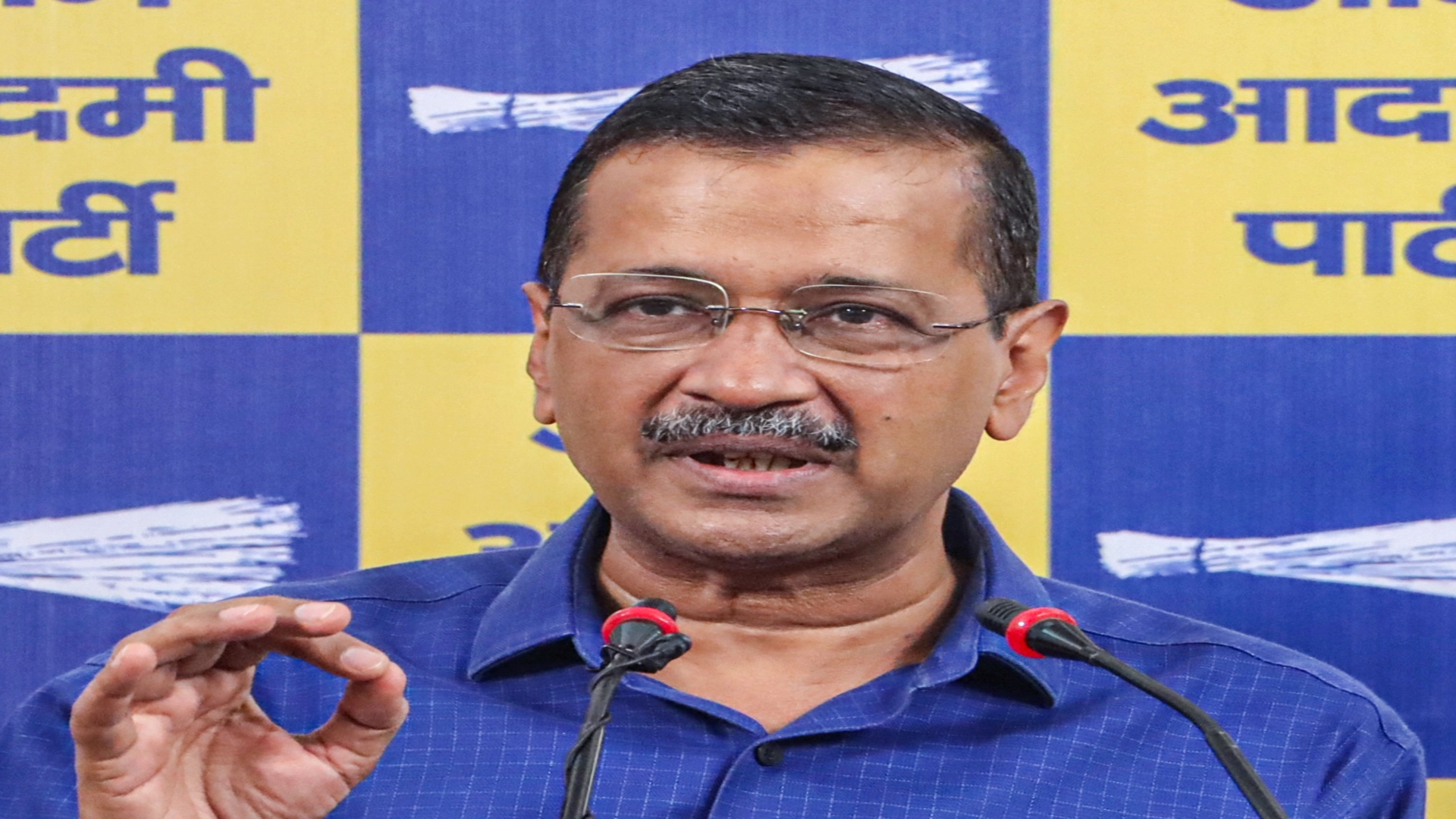Dr. Babasaheb Ambedkar, a renowned socio-economic thinker, played a significant role in shaping the economic destiny of India by introducing several doctrines. His economic ideas, extensively documented, have highlighted the problems faced by the backbone of the Indian economy ‘agriculture’, such as land reforms, fragmentation, and subdivision of land.
Dr. Ambedkar firmly advocated population control measures, including adoption of family planning methods, as he foresaw that population explosion would be a major threat to the country’s growth and development. Unfortunately, these problems persist and have been further exacerbated by the ever-increasing population growth and urbanization. The reduction in the size of landholding is causing immeasurable hardship to farmers. Dr. Ambedkar was a strong advocate for addressing agricultural demands and promoting the growth and development of agro-based industries, as well as the industrialisation of rural areas.
During the launch of the National Agriculture Market (e-NAM), former Union Agriculture and Farmers’ Welfare Minister, Radha Mohan Singh, acknowledged the contribution of Baba Saheb Dr. Bhim Rao Ambedkar, who dedicated his life to the welfare of the marginalized sections of society, including farmers. Singh further stated that it was the vision of the Prime Minister Narendra Modi to launch the National Agriculture Market on the occasion of Baba Saheb’s 125th birth anniversary.
Recent studies reveal a decline in land holdings across the country, ranging from 25.9 acres in Bombay Presidency to less than an acre in other regions. This reduction in land holdings has become a significant concern and poses a severe threat to Indian agriculture.
Dr. Ambedkar, a visionary thinker, recognised that collectivism was the only solution to address the problems of agriculture. Collective farming can ensure large-scale production and, in turn, enhance labour productivity.
Despite being a Dalit and facing discrimination, Dr. Babasaheb Ambedkar, as the first architect of India’s water policy, made a significant contribution to water management and irrigation in India. The policy, formulated during 1942-44, reflects Dr. Ambedkar’s vision of placing the poor at the centre of planned economic development. The policy emphasized the importance of wider irrigation, soil conservation, and flood control, and how these factors were directly linked to food supply and people’s prosperity. Dr. Ambedkar proposed a unique approach to collective farming, drawing from his personal experiences of societal non-acceptance.
Under his proposal, farmers would retain ownership rights, but would be required to cultivate their land in conjunction with adjoining farms. Government intervention was proposed to resolve any disputes that arose in this regard, with Dr. Ambedkar arguing that non-interference of the government would lead to private dictatorship. Notably, Dr. Ambedkar also highlighted the problem of non-economic landholding resulting from the absence of a law of primogeniture while discussing the issue of land sub-division.
Dr. B.R. Ambedkar was a pivotal figure in the initiation and execution of Damodar Valley, Hirakud, and various other water management projects, as documented in the paper published by the Central Water Commission on the commemoration of his 125th birth anniversary in 2016. Additionally, during the same event, Prime Minister Narendra Modi acknowledged Dr. Ambedkar’s contribution as the mastermind behind India’s water and river navigation policy.
In 1936, as a political activist, Dr. Ambedkar established the Independent Labor Party which aimed to address issues faced by farmers and landless labourers. The party’s agenda included organising a march in Mumbai on 10th January, where Dr. Ambedkar led a group of twenty thousand peasants from Azad Maidan to Bombay Legislative Council. The primary demands made during this march were the enactment of a Minimum Wage Bill for land labourers, the criminalization of bonded labour, and the allocation of uncultivated land to farmers without any charges. Dr. Ambedkar also called for reforms in existing laws and the abolishment of the Jamindari system.
Dr. Ambedkar advocated for the equitable allocation of land to villagers for cultivation, without any discrimination based on caste or creed. He believed that this would eliminate the existence of landlords, tenants, and landless labourers. Dr. Ambedkar’s perspective on Indian agriculture was elucidated in his articles, “Smallholdings on Indian agriculture and their remedies” (1917) and “Status and Ministers” (1947). He recognized that while land is a crucial factor in agricultural production, its productivity is also influenced by other factors.
In the Indian agricultural society, the Khoti system prevailed in certain parts of Maharashtra, which subjected the majority of rural farmers to oppression and exploitation. The Jamindari system granted Jamindars the right to the land, which was cultivated by farmers. The Jamindars collected the revenues, and a portion of it was shared with the government.
In 1929, Dr. Ambedkar initiated a movement against the Khoti or Jamindar system by holding an agricultural conference. He established the Independent Labor Party with the primary goal of abolishing the exploitative Khoti system. After a prolonged struggle, the system was eventually abolished in 1949.
Throughout his life, Dr. Ambedkar was committed to bringing about significant changes in Indian society to improve the conditions of the marginalised communities, including women and farmers from all religious and communal backgrounds. He emphasized that while land is a crucial factor in agriculture, its productivity is also determined by other factors.
Dr. Ambedkar proposed that the key to alleviating rural distress was through rapid industrialization. He argued that industrialization offered an effective solution to the numerous agricultural problems in India. His idea of cooperative farming, which aimed to increase production while minimizing factor inputs, is especially relevant in the current situation where fragmentation and smallholding pose a challenge to agriculture in India. Additionally, his perspective on state socialism for agricultural development has been adopted by several states in India today.
Given the current scenario of globalization, it is crucial to recognize the substantial contributions made by the esteemed social thinker, economist, reformer, and educationist Dr. B.R. Ambedkar in the areas mentioned above. His work has a profound impact on the comprehensive development of society, particularly in addressing the issue of rural land fragmentation, increasing productivity, granting land rights to landless farmers, and maximising the effective use of water resources to yield high agricultural output. Dr. Ambedkar’s policies, programmes, and laws, aimed at uplifting marginalised communities, have played a pivotal role in achieving these goals.
As one of the most densely populated countries in the world, India faces numerous challenges in agriculture and other developmental areas. However, the reformative measures, taken by Dr. B.R. Ambedkar aimed at ensuring the sustainability and dignity of every individual in society, have been instrumental in addressing these challenges.

Prof. T.V. Kattimani is vice chancellor, Central Tribal University of Andhra Pradesh, Vizianagaram.























